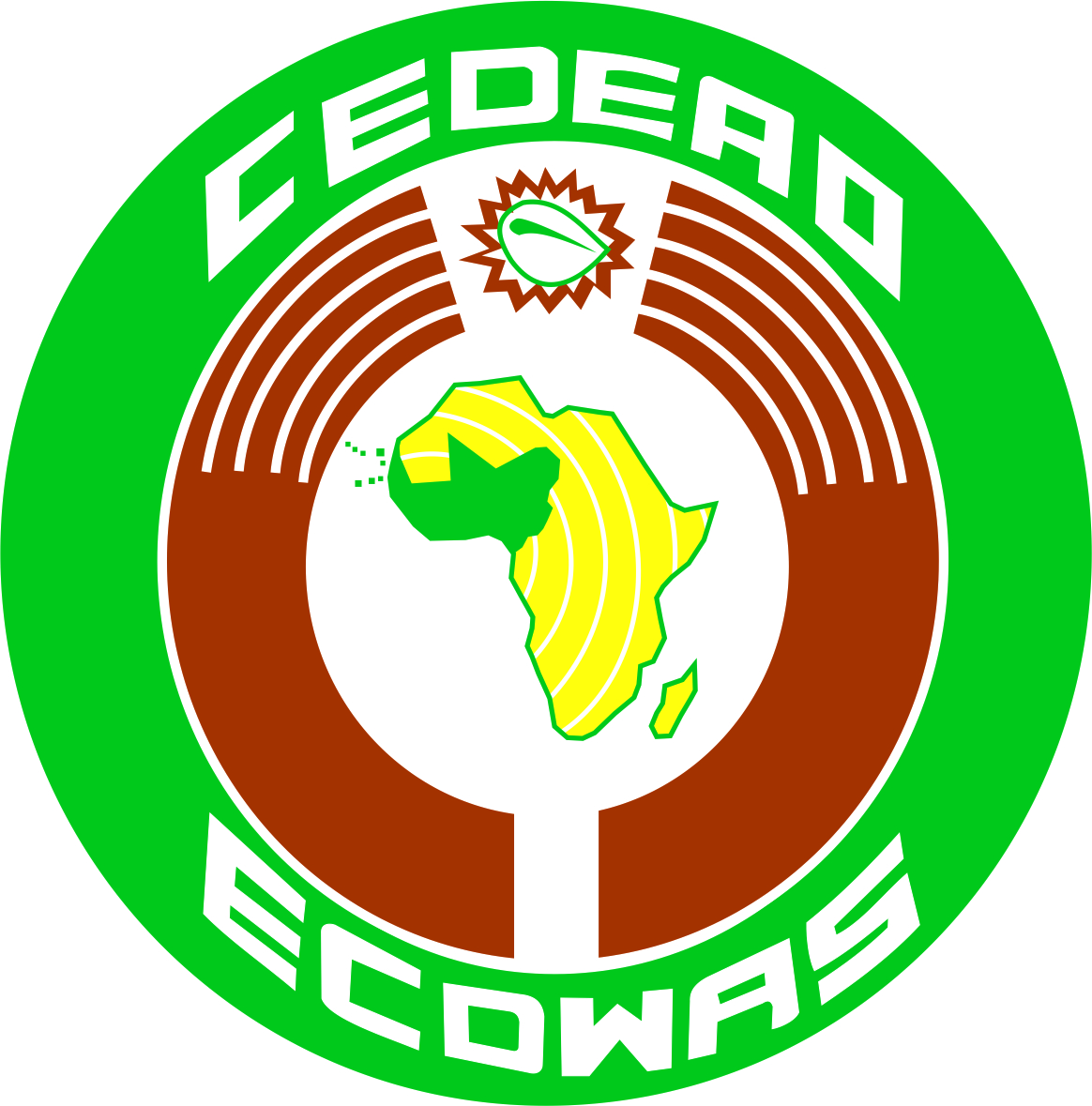The Human Security and Civil Society Division, Directorate of Humanitarian and Social Affairs in the Department of Human Development and Social Affairs, together with Member States Experts in collaboration with Partners held a 2-day pilot training and an Interactive Dialogue towards focused on validation of Standard Operating Procedures on Mixed Migration from the 22nd to 23rd November 2023. The meeting was held at the ECOWAS Commission Headquarters building in Asokoro Abuja.
The initiative to develop SOPs aims to strengthen mechanisms and capacities of key actors in protecting vulnerable mixed migrants. This being a key aspiration of the work of the ECOWAS Commission in fulfillment of the goal of human security. It recognizes that mixed migrants within the ECOWAS space still face several protection challenges, despite the ECOWAS Free Movement regime. These problems sometimes result from the absence of clear operational guidance for service providers including Law enforcement operatives, to guide their responses to varied and often novel situations. The Standard Operating Procedures on Mixed Migration aim to address situations that might degenerate into a violation of the rights of mixed migrants and help improve on the management of mixed migration, through a human rights and human security lens, overall.
The Director, Humanitarian and Social Affairs, Dr. Sintiki Tarfa Ugbe, represented by Mr. Olatunde Olayemi, Program Officer Social Dimension of Human Trafficking, emphasized the importance of this intervention, reiterating the mandate of the Division of Human Security and Civil Society in driving regional frameworks and plans for civilian protection in the context of human security; and the promotion of Cross border collaboration and engagement in addressing protection risks. He mentioned that the work of the Directorate is focused on driving resilience as a critical facet of human security while, minimizing human security risks to community citizens and residents alike. The Representative of the Federal Republic of Nigeria, Dr. Nsikan Essein from the Nigerian National Commission for Refugees Displaced Persons, and Migrants in opening the meeting, welcomed the participants to Abuja, Nigeria, emphasizing the importance of the meetings subject matter. She called on all participants to discuss frankly and asked participants to take the time to enjoy Nigeria’s hospitality as well.
Over the course of the two days, the participants (National Directors responsible for mixed migration issues) reviewed the draft SOP’s and extensively discussed the current state of response to mixed migration challenges in the region. At the end of the meeting, the Member States Experts validated the SOPs in principle and subject to its finalization based on possible receipt of additional input. The outcomes and recommendations reached by the meeting include: that ECOWAS should conduct further research on legal and operational issues pertaining to linkages between the subjects of mixed migration (including refugee’s and durable solutions, statelessness, trafficking in persons, smuggling of migrants etc.) and the right to entry, residence, and establishment and other related subjects. This is to complement the draft SOPs already providing clear guidance on protection of vulnerable mixed migrants. In addition, participants called on the Commission to lead in the strengthening of information systems on mixed migration within the region and, with respect to west African citizens, beyond, in collaboration with partner organizations.
The meeting also called on ECOWAS and Member States to invest in a process for the development of clear indicators for each category of irregular and vulnerable mixed migrant in line with the ECOWAS Protection Principles, Regional and National Practices Manual. Member States were called upon to consider the issuance of long stay (10 years) and or Indefinite residence permits instead of short-term residence permits, with a possible path to citizenship by naturalization, for mixed migrants, as might be appropriate (especially in the context of cessation of refugee status). The meeting also stated that the determination of whether mixed migrants found on the territory of member states are community citizens remains a critical factor, in the proper application of the ECOWAS Free Movement Protocols as a basis for durable solutions, amongst other recommendations.
Mr. Olayemi delivered an address at the closing session behalf of Dr. Sintiki T. Ugbe, Director Humanitarian and Social Affairs, thanking the participants for their outstanding commitment to the improved human security situation of the region. Ms. Ana, Leticia MEDEIROS Program Manager of the Free Movement and Migration (FMM) Program from the International Organization for Migration (IOM) expressed her delight in meeting the Directors and hoped for even greater acceleration in implementation of the key objectives of ECOWAS with respect to mixed migration. Dr. Nsikan Essien in her closing remarks, asked all member states to redouble their efforts in providing a more secure space for all persons in West Africa.
The meeting was attended by the following Member States Experts: Benin, Cape Verde, Cote d Ivoire, Ghana, The Gambia, Guinea Bissau, Guinea, Liberia, Nigeria, and Sierra Leone.
Distributed by APO Group on behalf of Economic Community of West African States (ECOWAS).
